Real estate is one of the key sectors attracting this capital flow. After the pandemic is controlled in 2022, FDI capital flows into real estate will begin to return, recording 4.5 billion USD, an increase of 26% over the previous year.
Mr. Nguyen Anh Tuan - Deputy Director of the Foreign Investment Department, Ministry of Planning and Investment said: Foreign investors are still very interested in the Vietnamese real estate market, especially industrial, tourism and resort real estate.
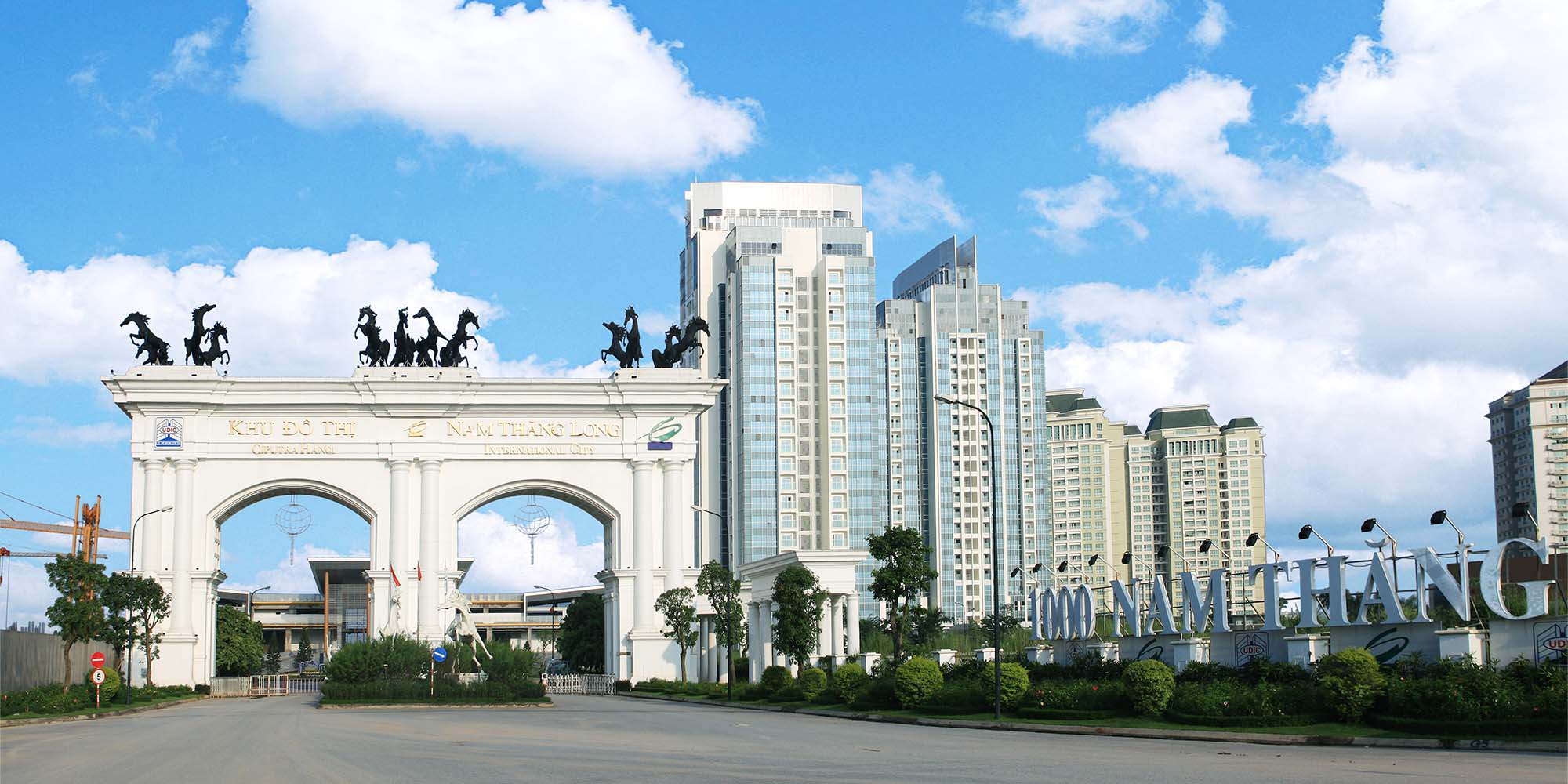
FDI capital invested in real estate has begun to return. Photo: A corner of Nam Thang Long Urban Area.
+ What is your assessment of FDI capital flows into the real estate sector in Vietnam, before and after the COVID-19 pandemic?
- According to the Ministry of Planning and Investment, FDI attraction in the real estate sector has a very clear growth trend. From a total investment capital of 671 million USD in 2010, by 2018 it had increased nearly 10 times, reaching 6.61 billion USD, accounting for 18.6% of the total registered capital of the country.
During the outbreak period (2019 - 2021), FDI capital flows into all industries tended to decrease, and total registered FDI capital in the real estate sector also decreased compared to previous years.
Specifically, in 2019, total registered FDI capital in the real estate sector reached 3.88 billion USD, down 41% compared to 2018, in 2021 it reached 2.64 billion USD, down about 37% compared to 2020.
After the pandemic is controlled in 2022, FDI capital flows into real estate will begin to return, recording 4.5 billion USD, an increase of 26% over the previous year.
To date, the country has attracted more than 440.5 billion USD in FDI, of which investment in the real estate sector has reached 66.4 billion USD, accounting for 15.1% of total investment capital. Real estate is the second sector in attracting investment, after the processing and manufacturing industry.
Of these, 48 countries/territories have invested in the real estate business sector, with Singapore leading the investment, followed by South Korea, British Virgin Islands and Japan.
Locally, there are 45 provinces/cities with FDI investment in the real estate sector, of which Ho Chi Minh City leads the country with a total registered investment capital of over 16 billion USD, accounting for 24.7% of total investment capital, followed by Hanoi , Binh Duong and Ba Ria Vung Tau.
In terms of project scale, most FDI enterprises participating in the real estate sector in Vietnam are large-scale enterprises, with increasingly diverse forms and higher quality. Many FDI projects investing in the real estate sector have a scale of up to billions of USD.
+ According to you, what favorable factors are creating momentum to attract FDI capital flows into real estate?
- In fact, Vietnam has many positive factors to attract FDI capital in general and FDI capital in real estate in particular. Some advantages are political stability, safety, strategic and favorable geographical location, located in the center of the region, easy to connect with major economies; The legal system, housing and real estate business policies are open and are being increasingly improved.
The infrastructure system continues to receive investment and improvement. Currently, the Government is vigorously implementing the medium-term public investment plan for the period 2021 - 2025 and the investment plan to serve the recovery and socio-economic development.
In which, investment will focus on developing many important infrastructure projects such as: highways, coastal axes, airports, seaports, creating favorable conditions for real estate development.
The attractiveness of real estate investment in Vietnam is better than other countries in the region because it has the potential to generate higher profits than the markets in Thailand, Hong Kong and Singapore… because housing prices in Vietnam are lower.
Rapid urbanization and a growing middle class in Vietnam are very favorable conditions for the development of the real estate market.
Attracting many FDI projects in the real estate sector helps diversify real estate types in Vietnam. In recent years, industrial real estate, high-end housing and apartments, resort real estate, healthcare real estate... have increased significantly alongside traditional types such as residential real estate.
+ So what about the difficulties, sir?
- Indeed, the legal system on the real estate market is not yet synchronous, clear and complicated, and has not been amended in a timely manner, such as regulations on condotel (apartment and hotel), officetel (office and hotel) which have not been significantly resolved so far.
Administrative procedures related to investment, construction, bidding, especially land, are extremely complicated, leading to prolonged implementation of investment projects.
Planning work still has many shortcomings and lacks uniformity, especially in new urban areas. Real estate credit and corporate bond issuance activities are being tightly controlled.
+ Does Vietnam have any other advantages that can attract more FDI capital into real estate, sir?
- Currently, many foreign investors still highly appreciate the Vietnamese real estate market, primarily based on its attractive population. The number of middle-class and upper-class customers is increasing, along with rapid urbanization in big cities, all of these factors create attractive points when investing in the housing segment.
Next is the tourism and resort real estate segment, along with some new segments appearing in Vietnam such as healthcare real estate, which is also a great prospect for Vietnam.
Furthermore, foreign investors are also paying special attention to residential and office real estate. This trend comes from the increasing demand of customers while the price is still reasonable when comparing real estate prices in big cities such as Hanoi and Ho Chi Minh City with neighboring markets such as Singapore, Shanghai, Shenzhen, etc., promising to become a bright spot of the real estate industry in the near future.
+ To continue attracting more FDI capital into the real estate market, what do you think we need to improve?
- With the difficulties I mentioned above, in the immediate future, Vietnam needs to continue reviewing and perfecting legal regulations on the real estate market, especially new types of real estate, such as smart cities, resort real estate, real estate combined with healthcare, condotel, officetel... in accordance with international practices.
At the same time, continue to create an attractive, competitive, and open investment and business environment, promptly remove difficulties and policy problems to create the most favorable conditions for investors.
In addition, flexibly and synchronously manage monetary policy tools to meet the demand for credit capital flows to serve the development of the real estate market. Create conditions for businesses, home buyers and investors to quickly access credit capital. Reduce lending interest rates to support the real estate market.
Authorities need to urgently issue and improve the quality of planning work to ensure reasonable distribution, corresponding to the development of infrastructure. Continue to complete and improve the quality of infrastructure in general and transport infrastructure in particular to create a foundation for the development of the real estate market.
Vietnam also needs to proactively attract selective investment, targeting investors with good financial capacity, while promoting investors' responsibility towards the environment and society during the investment process in Vietnam.
In addition, we need to seriously and effectively carry out the work of granting investment registration certificates for FDI projects in the real estate sector in order to select projects with suitable quality, avoiding virtual investment projects and slow-to-implement projects.
+Thank you very much!
Tran Dinh (Implementation)
Source



![[Photo] Top players gather at the 2025 Nhan Dan Newspaper National Table Tennis Championship](https://vphoto.vietnam.vn/thumb/1200x675/vietnam/resource/IMAGE/2025/5/23/9ad5f6f4faf146b08335e5c446edb107)
![[Photo] Anh Hoang - Dinh Duc successfully defended the men's doubles championship of the National Table Tennis Championship of Nhan Dan Newspaper](https://vphoto.vietnam.vn/thumb/1200x675/vietnam/resource/IMAGE/2025/5/23/d6ab3bcac02c49928b38c729d795cac6)



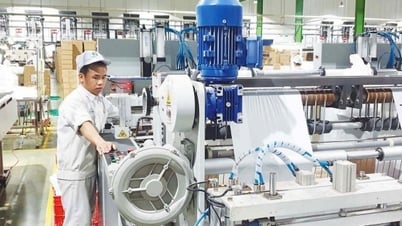



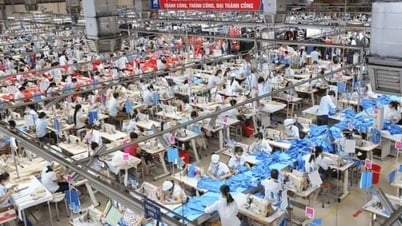


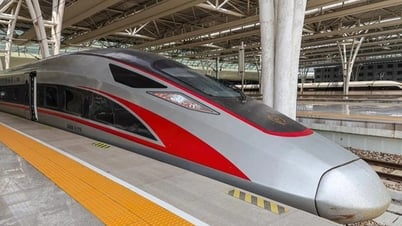

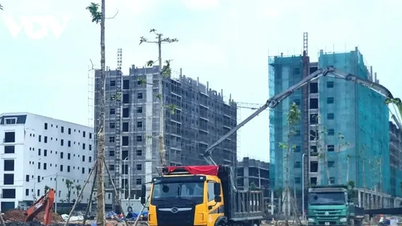






















































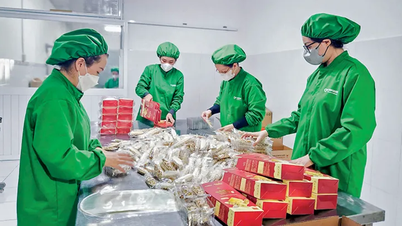

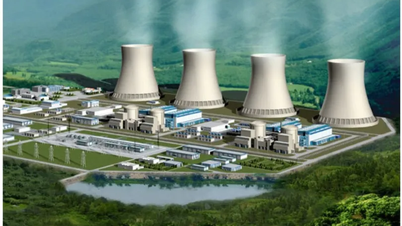


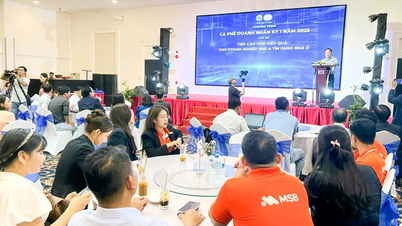
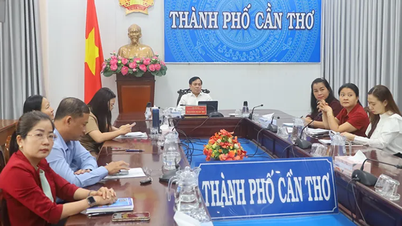












Comment (0)